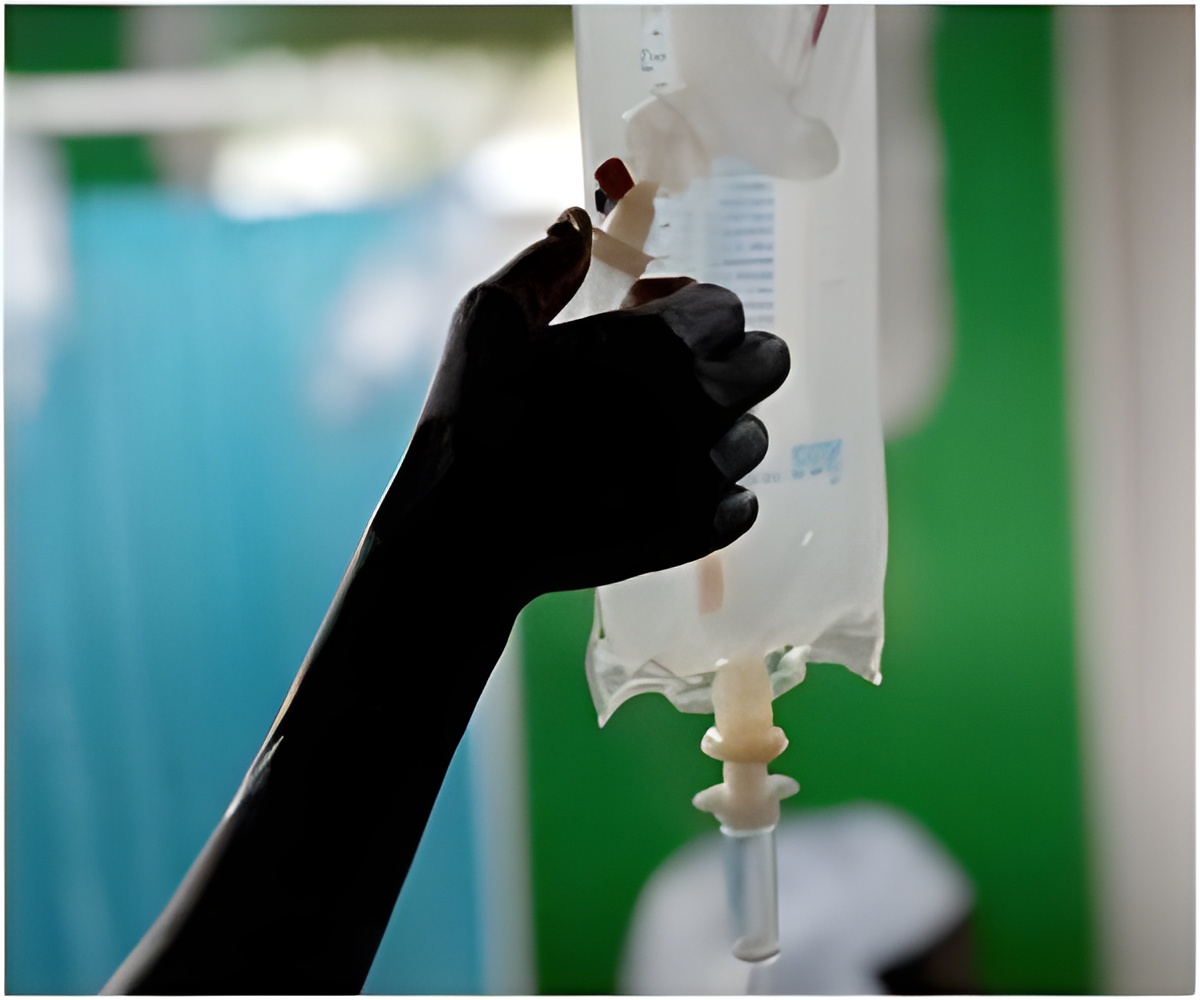According to a new Cochrane systematic review, starch-based intravenous (IV) fluids used by the NHS to treat seriously ill patients are causing unnecessary deaths.

The study included 9,147 seriously ill patients after trauma, burns and surgery or those with severe infections who were randomly allocated to receive either colloid fluids or saline fluids in their resuscitation. Those receiving colloids were 10% more likely to die. The researchers are now calling on the NHS to stop using colloid fluids.
Lead author Dr Ian Roberts, director of the clinical trials unit at the London School of Hygiene & Tropical Medicine, said: "Starch solutions are widely used in the NHS and the evidence from our study shows that they kill patients. They are more expensive than saline and they increase the risk of death. British hospitals use far more starch solutions than most other countries. The ongoing use of colloids is unjustified."
The safety of using colloids containing hydroxyethyl starch has been debated for years. They are widely used to treat shock following severe blood loss by increasing blood volume but recent large high quality studies have linked starch use to renal failure. The trials also found more adverse reactions with starch. Crystalloids work in the same way but do not contain starch.
The European Medicines Agency is conducting a review into the safety of hydroxyethyl starch in critically ill patients but Dr Roberts believes that the NHS should take action now and has written to the Department of Health. He said: "We don't need to wait for starch solutions to be banned in order to take action in the NHS. We have a safer, less expensive alternative that is widely used around the world. The NHS should take action now."
Source-Eurekalert
 MEDINDIA
MEDINDIA




 Email
Email






